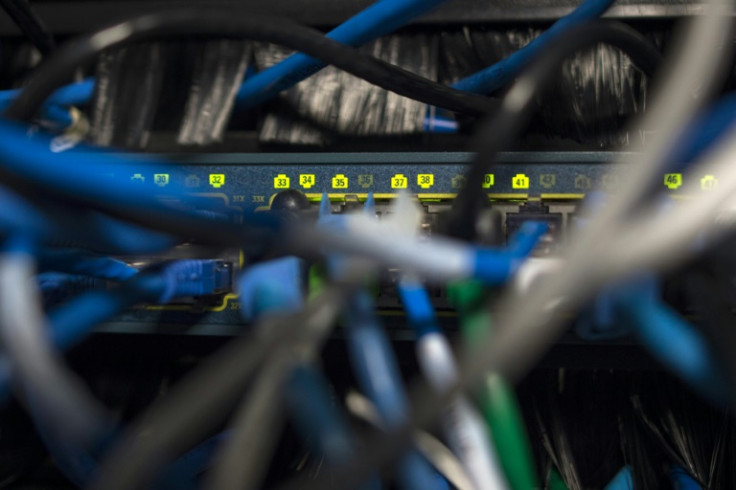China Invasion Of Taiwan Will Include Massive Hacks On US 'Critical Infrastructure': Cybersecurity Official

KEY POINTS
- Cybersecurity chief Jen Easterly warned that China could launch cyberattacks against the U.S.
- Easterly said that China may attack U.S. pipelines, telecommunication and transportation systems
- The official said China is taking note of Russia's "endless missteps" in Ukraine
A top U.S. cybersecurity official warned Monday that the country's "critical infrastructure" could be targeted with massive cyberattacks once China launches an invasion of Taiwan.
Jen Easterly, the director of the Cybersecurity and Infrastructure Security Agency, urged Washington and its Western allies to prepare for the "panic and chaos" in cyberspace potential Chinese cyberattacks could cause.
"A scenario of attacks against our critical infrastructure in the event of a Chinese invasion of Taiwan is unfortunately not far-fetched," Easterly told an audience at Carnegie Mellon University in Pittsburgh, Pennsylvania, VOA reported.
The cybersecurity official suggested that a Chinese invasion of Taiwan could be accompanied by "the explosion of multiple gas pipelines, the mass pollution of our water systems, the hijacking of our telecommunication systems [and] the crippling of our transportation nodes."
Easterly added that potential Chinese cyberattacks against the U.S. would be "designed to incite chaos and panic across our country and deter our ability to marshal military might and citizen will."
Easterly said that Chinese authorities are taking note of Russia's "endless missteps" in its war against Ukraine and that these could reinforce Beijing's potential preference for aggression and its likely willingness to launch cyberattacks. She suggested that China will likely be "less restrained" than Russia when it comes to going after critical infrastructure.
She also suggested that in the event of an invasion of Taiwan, Chinese leaders would likely ensure that they affect the "unity that has been forged between the U.S. and our international partners," after Russia's restraint in the Ukraine war failed to weaken the West's support.
Earlier this month, CIA director William Burns said in an interview with CBS that Chinese President Xi Jinping instructed China's People's Liberation Army (PLA) to begin preparing for a possible invasion of Taiwan by 2027.
However, Burns noted that Xi's order for the Chinese military does not necessarily mean that the Chinese president has already decided to attack Taiwan in 2027.
Burns also said that Xi and Chinese military leadership may be harboring doubts about whether China is capable of invading the island, considering that Russia is facing hardships in its war against Ukraine.
The intelligence official also suggested that the West's unity in supporting Ukraine is likely holding back Chinese leaders from invading Taiwan.
But for Texas GOP Rep. Michael McCaul, the chairperson of the House Foreign Affairs Committee, an "unholy alliance" between China and Russia could open the doors for a possible invasion of the self-governing island.
McCaul urged the Biden administration not to ignore the deepening relationship between China and Russia, warning that not keeping them in check could lead to Russian troops on the Polish border and Chinese forces invading Taiwan.

© Copyright IBTimes 2025. All rights reserved.






















